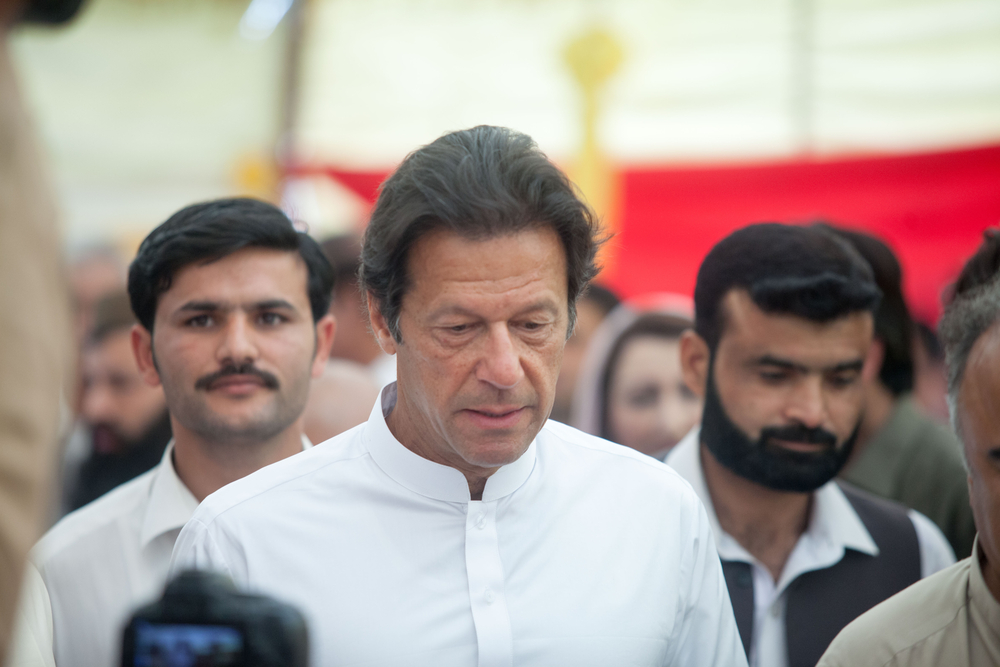by Shireen T. Hunter
Two terrorist attacks occurred almost simultaneously, on February 12 and February 14, in Indian-administered Kashmir and in Iran’s Sistan and Baluchistan province. The target of both attacks were military and paramilitary personnel. Jaish Muhammad claimed responsibility for the first, Jaish ul-Adl for the second. These incidents coincided with the visit to Pakistan of Saudi Arabia’s crown prince , Mohammad bin Salman (MbS), thus raising the question of whether the attack in Iran was designed to please the visiting prince. The attack in India, however, defies this logic, since MbS visited New Delhi on February 19.
Yet, given the fact that MbS has said that he will try to reduce India-Pakistan tensions, there might even be a Saudi angle to the Kashmir attack. Perhaps Saudi Arabia wants to discourage India from cooperating with Iran, especially since preventing the development of the Chabahar port adds another link to Iran’s chain of economic strangulation. During his visit, MbS promised to invest $ 100 billion in India. Such a substantial investment could seriously cool New Delhi’s enthusiasm for cooperation with Tehran.
Pakistan has denied any involvement in either of the attacks and has challenged both Tehran and New Delhi to offer concrete evidence of its involvement. This, however, is a strange demand, since terrorists rarely leave traces that could link them to their sponsors. However, Iran has captured two Pakistani citizens involved in the operation. The suicide bomber apparently was a Pakistani named Hafiz Muhammad Ali.
Since Iran faces a number of current problems including severe sanctions and other pressures, it will not be able to retaliate against Pakistan. For more than two decades, terrorists based on the Pakistani side of the Pakistan-Iran border have been going into Iran and committing bombings and other atrocities before withdrawing into their hideaways in Pakistan. Iran’s repeated pleas to Pakistan to do more to control its border with Iran have gone unheeded. Pakistan is very skilled in sweet-talking Iran with never-fulfilled promises of better monitoring the common border and punishing perpetrators of terror acts. It has sent delegations ostensibly to look into the matter, knowing full well that Iran would not dare pursue the terrorists into Pakistani territory. Such an action not only would trigger a harsh response from the Pakistani military, which is not exactly fond of Iran, but could also be used as a casus belli by Iran’s other enemies, including Saudi Arabia and even the United States, to attack it.
The latest incident, however, must have been particularly bitter for Iran because it had set such store on new Pakistani Prime Minister Imran Khan and his promises of improving relations with Tehran. However, Tehran has only itself to blame for this disappointment, for it has ignored Pakistan’s realities and the changes the country has undergone in the last half century as well as its financial dependence on Saudi Arabia. It was clear from the beginning that Imran Khan’s ability to refocus and rebalance Pakistan’s foreign policy was limited. The military determines the broad outlines of Islamabad’s foreign policy, and no prime minister can defy the military brass.
The so-called opening to Iran, meanwhile, was a bargaining tool to scare Riyadh into increasing its financial and other support. Given that Saudi Arabia has already deposited $3 billion in Pakistan’s accounts and has promised an investment package reportedly worth $20 billion, the gambit seems to have paid off.
India, however, is another story. Islamabad cannot count on New Dehli’s passivity. Prime Minister Narendra Modi has promised retaliation over the killing of 44 Indian paramilitary police in Kashmir. Pakistan has become sufficiently alarmed to ask the UN secretary general to intervene and prevent the escalation of tensions. If India retaliates against Pakistan, other states, especially America, are unlikely to come to Pakistan’s aid. The United States needs India to balance China. Even China, despite its close relations with Pakistan, would not want to become involved in the dispute. Facing extremism in its Muslim-inhabited regions, Beijing must worry about the influence of Pakistan-based Sunni extremist groups and will recalibrate its ties to Islamabad accordingly. Moreover, China is interested in Iran and does not seek its destabilization.
In the long run, Pakistan cannot take Iran’s passivity for granted either. Thus far, Tehran has not followed a national and realist foreign policy and has counted too much on Islamic bonds in regulating its relations with its neighbors, including Pakistan. But a more pragmatic approach to foreign relations could see closer Iran-India ties, which potentially could limit Pakistan’s ability to act on its eastern front. More importantly, a national and pragmatic foreign policy could end Iran’s current isolation and thus force Pakistan to think twice before committing terrorist acts on the territory of a so-called friendly nation. But as long as Iran’s current conditions and behavior persist, Pakistan and others will continue to take advantage of it at every turn.






Mohammed-Butcher of-Saudi (MbS) with his bag full of money can’t buy loyalty from anyone but the terrorists. They will all take his money and in return make empty promises to him except the terrorists!
Ms Hunter, it’s so easy to agitate the one million Shiites living on Eastern front of Saudi who are operating much of the ARAMCO oil facilities. The Kingdom of Nomads can be turned upside down over night!
Changing the course of investment by SA from US toward East is a matter of benefit for Asian powers and even Iran in long-term and would help shrink the sphere of influence of US faster than before.
These incidences possibly doesn’t force Iran to change course meaningfully.